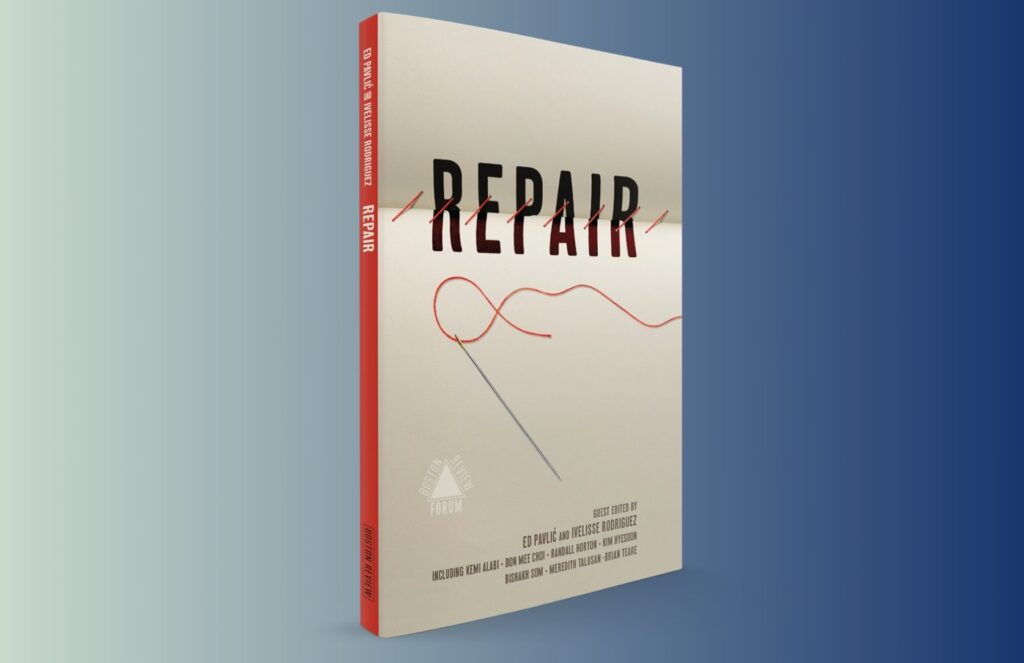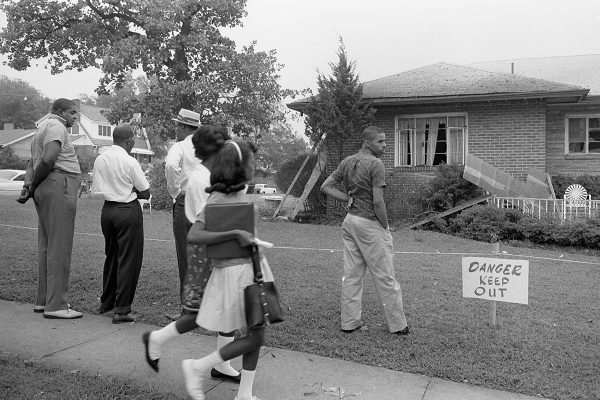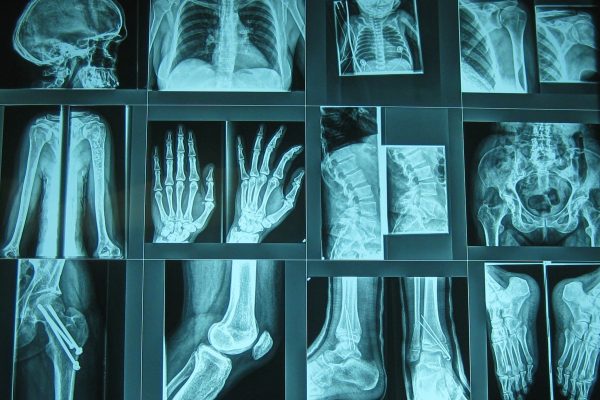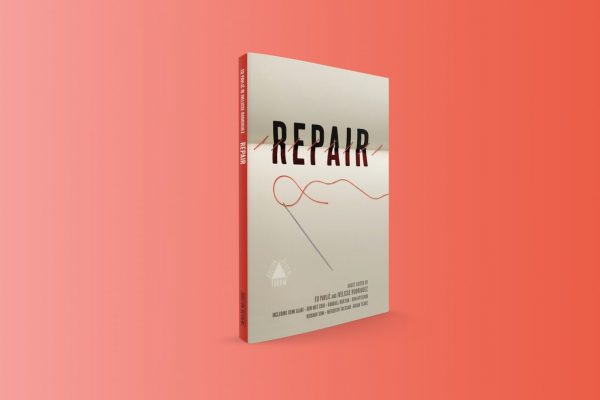We bear deep wounds, individually and collectively. All have been worsened by a period of destructive politics that left us ill-equipped to respond to a global health catastrophe. As we struggle to recover our footing and grieve our dead, we believe that the arts must have a voice in the conversation about how we heal.
We’ve organized Repair into three sections. Each revolves around a set of themes, without trying to overdetermine how any particular piece is read. In the first section, titled “Repair” like the book, contributors explore sicknesses within the social fabric—from the religious violence that led to the Salem witch trials, to climate catastrophe and the January 6 siege on the Capitol. “Revive” considers racial and colonial violence, and asks us to think about Western medicine—its potentials as well as its failings, and how it can improve in its pursuit of restoring “patients” to health. A major theme of the final section, “Repay,” is the aftermath of sexual violence, what it means to take back one’s life after such a rupture. As well, the pieces consider gender and racial identity, and claiming the body for oneself.
It’s a special pleasure to share work from the winners of Boston Review’s two annual writing contests. Yiru Zhang was selected by judge Kali Fajardo-Anstine as the winner of this year’s Aura Estrada Short Story Contest. And Sonia Sanchez, our judge for the Annual Poetry Contest, was too enamored of the entries to pick just one; instead, she selected two first-place winners, Adebe DeRango-Adem and Simone Person.
No single text in this volume offers a definitive answer for what it means to repair. But together, they reveal a promising vision for where to go from here.








